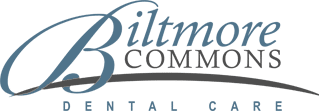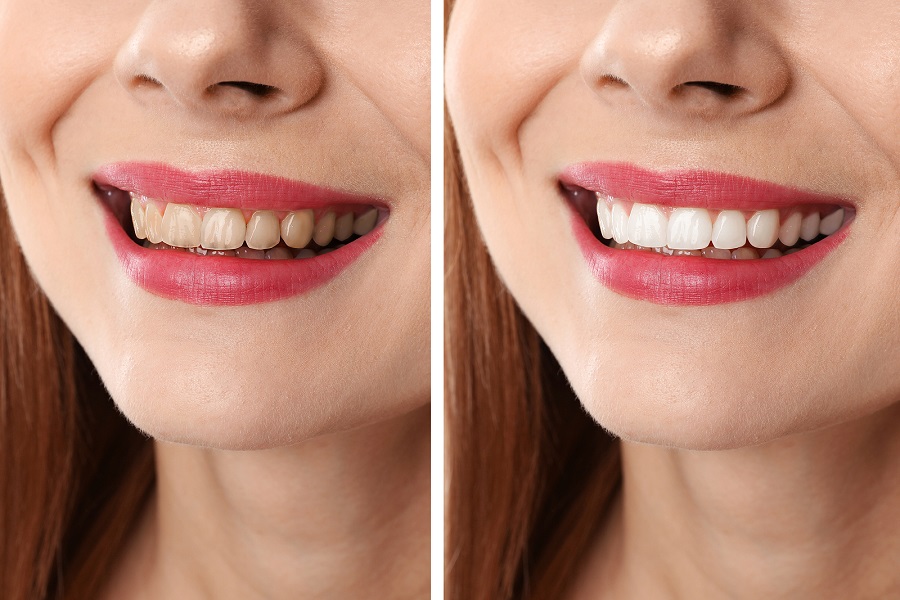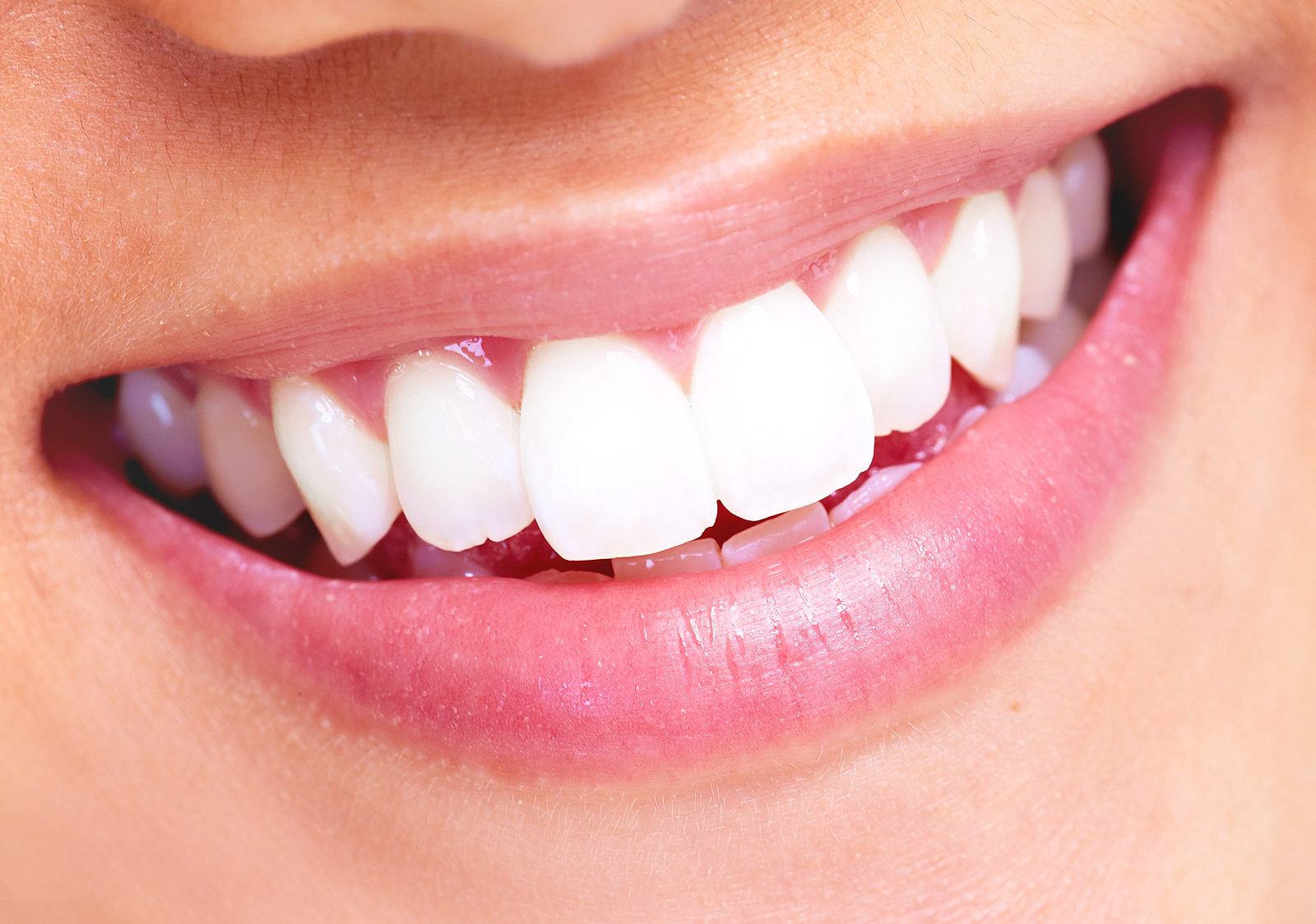FIND THE TIME: BEST TIME TO BRUSH YOUR TEETH
Most people brush their teeth in the morning. Then, they brush again before bed. Understandably, the two-per-day brushing method works. Figuring out the best time to brush teeth, however, is a little more complicated. A lot of people choose these times out of convenience—not because they’re scientifically the best times. This being said, you might be surprised by the science covering tooth-care. Depending on your lifestyle, your mouth might be better suited to specific brushing periods.
THE BEST TIME TO BRUSH TEETH
While most people rely on the time of day to determine their tooth-brushing habits, it’s a better idea to plan your cleanings around food. Studies show that brushing your teeth right after a meal can clean the bacteria from your mouth. It can also relieve your mouth of sugary, acidic substances. If you’re like most people, you’re consuming a healthy amount of juices and fruits throughout the day. These acids can linger in your mouth, slowly eroding the enamel on your teeth. Thus, it’s a good idea to brush up right after breakfast. Some experts even suggest brushing before breakfast. In doing so, you can protect your teeth with enamel-building toothpastes and mouth wash—protecting your mouth from any acidic substances you’re about to consume. Other dentists suggest that brushing your teeth 30 minutes after you eat can re-balance your oral pH levels—especially if you’re using an alkaline mouth rinse.
BRUSHING BEFORE BED
It’s a good idea to brush your teeth before bed, too. As with your morning brushing routine, it’s a good idea to wait at least 30 minutes after a meal to brush up. Brushing before bed prevents food from sitting against the surface of your teeth. Often, leftover food particles can cause one’s teeth to decay overnight, causing a slew of problems overall. Even if you’re brushing before bed, you should still drink plenty of water throughout the day. You’re probably eating a lot of snacks, drinking plenty of acidic beverages, and encountering a number of potentially harmful substances. These substances can take a toll on your teeth if they’re not cleaned quickly. By drinking water, however, you can clear food particles, bacteria and citrus acids from your teeth and gums.
SHOULD I BRUSH AFTER SNACKS?
It’s a good idea to brush your teeth after consuming a sugary snack. Even if you’re at work, at school or doing errands, your teeth can still take a beating. This tip is particularly important for those who have metal braces or Invisalign. Never put Invisalign over dirty teeth. These liners can trap food particles, acids and bacteria against your teeth, promoting build-up and damaging their surfaces over time. For those who wear Invisalign regularly, the best time to brush teeth may revolve around their lining schedule. Again, however, consider brushing at least 30 minutes after you’ve consumed your meal. Brushing sooner won’t necessarily damage your teeth, but it can be rough on them due to lingering acids in the mouth.
OTHER TOOTH TIMING TIPS
If your breath is bad, you should similarly brush up. Bad breath is an indicator of lingering food, and it can signify enamel in need. Your mouth accumulates tiny bits of food throughout the day, contributing to bad breath while damaging your enamel. Even if you can’t see your mouth’s food particles, bad breath is indicative of small, hard-to-see particles in your mouth. Sweet and acidic foods, specifically, contribute to bad breath.
CONSIDER SWITCHING TO ELECTRIC
While you’re at it, consider switching to an electric toothbrush. When using an electric toothbrush you won’t need to worry about the angle of brushing. You merely need to guide the brush across your teeth. An electric toothbrush is highly effective as a morning cleaning tool, too, as it can remove difficult-to-reach food particles which might’ve hardened on your teeth overnight. You also won’t need to worry about how hard your brushing. Because an electric toothbrush brushes with great efficiency, it removes the need for rough-and-tough brushing approaches in the morning. Make sure you’re brushing after big meals, and keep your teeth clean before going to bed. If you have any sweet, acidic snacks, brush up again. Doing so will protect your teeth for many years, reducing plaque buildup, the chance of cavities and even bad breath.






















0 comments